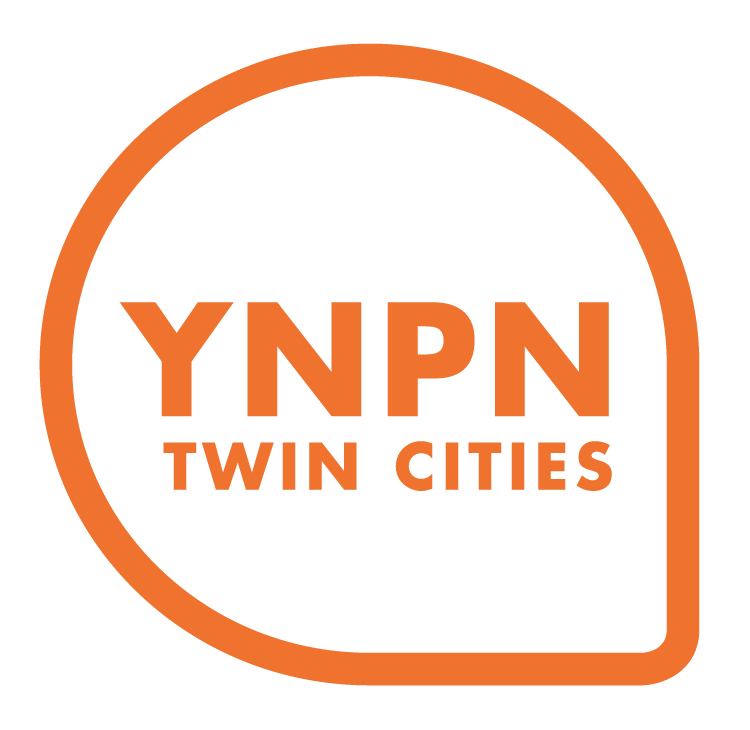The Intersectionality of Culture and Identity in Nonprofit Work: Fostering the ‘Why’
by Sammer Yaser Elkhateeb
Nonprofit work is an essential part of creating a better world, and it is often at the forefront of addressing cultural issues. These organizations are built around the core principle of serving communities, and they play a critical role in creating a more inclusive and equitable society. But is the ‘how’ as important as the ‘why’? In many ways, the intersection of culture and identity lies at the heart of what we do. I want to explore how these two concepts are interconnected and how they influence the work of nonprofit organizations.
Culture is the sum of beliefs, values, practices, and traditions that shape the way a community sees the world. It is a complex and multifaceted concept that encompasses everything from language and religion to art and cuisine.
Identity, on the other hand, refers to the characteristics and qualities that make an individual or group unique. Identity is shaped by culture, but it is also influenced by personal experiences, upbringing, and a myriad of other things. For me, that means that my mother was German and my father was Palestinian which continues to give me the unique opportunity and perspective of seeing, experiencing, and feeling the world through paradoxical lenses.
Culturally, I'm American; I was born here, first-generation, but the person I see in the mirror encompasses so much more than that—literally and metaphorically. I've operated in and experienced a world that afforded all the accouterments of White Privilege, while also repeatedly enduring the discrimination that comes from skin with more melanin, a beard, and a hard-to-pronounce name; these, too, matter. Surprisingly, it seems the higher my scholarship goes, the more I wonder if my ethnic makeup is diametrically opposed.
Numerous studies have found that organizations that prioritize cultural awareness and identity in their work can create more positive outcomes for the communities they serve. One study published in the Journal of Nonprofit Education and Leadership found that nonprofits that prioritize diversity, equity, and inclusion are better able to engage and retain volunteers, improve their fundraising efforts, and achieve their organizational goals. Another study published in Nonprofit Management and Leadership found that nonprofits that actively work to promote diversity and inclusion are more likely to have staff and board members who reflect the communities they serve, which can lead to better decision-making and increased trust in the community. If decisions are being made then the make-up of who decides must reflect that of those they decide for.
Nonprofit organizations work at the intersection of culture and identity because they aim to serve diverse communities with different cultural backgrounds and identities; a world that has historically bent to my outsides while ferociously opposing my insides. By understanding and respecting the cultures and identities of the communities they serve, these organizations can better address their needs and improve their well-being. At the same time, nonprofits must be aware of the potential pitfalls of cultural appropriation or tokenization. Cultural appropriation occurs when elements of a culture are taken and used out of context or without proper understanding or respect, while tokenization occurs when individuals or groups are used to represent a particular cultural or identity group without being given full agency or voice. Nonprofits must be careful to avoid these practices and strive to engage in respectful and collaborative partnerships that reflect those they serve.
However, the intersection of culture and identity is not always straightforward to navigate. Nonprofit organizations may encounter challenges related to cultural competence and sensitivity. For example, an organization that primarily serves the African American community may not have the cultural knowledge or understanding to serve the needs of the Hispanic community. This lack of cultural awareness can lead to misunderstandings, mistrust, and even harm; that's the reality.
To overcome these challenges, nonprofit organizations must prioritize cultural competency and sensitivity in their work. Cultural competence involves understanding and respecting the differences that exist within and between communities. It also involves developing the skills and knowledge necessary to effectively communicate with and serve people from diverse cultural backgrounds. Look around, times have changed.
Sensitivity, on the other hand, involves being aware of the potential impact that our actions may have on others. This means being mindful of our language, behavior, and interactions with others, and striving to create a safe and inclusive environment for everyone. One way that nonprofits can promote cultural awareness, sensitivity, and identity is by engaging in cultural competency training. Cultural competency training is designed to help people and organizations understand the cultural backgrounds and perspectives of the communities they serve, as well as to develop strategies for working effectively across cultural differences. By engaging in these trainings, nonprofits can create more responsive and effective programs and services, and build stronger relationships with the communities they vibrate and interact with.
Additionally, nonprofit organizations can also hire staff from diverse cultural backgrounds, providing training on cultural awareness and sensitivity, and involving community members in the decision-making process. If harmony is what we're after then we must be sure we are addressing the current, correct problems within our society.
I could go on but this is just a quick snack: the intersection of culture and identity is a complex and nuanced one that plays a critical role in nonprofit work. By prioritizing cultural competence and sensitivity, nonprofit organizations can better serve the diverse communities they work with and create a more inclusive and equitable society. As we move forward, we must continue to recognize and honor the diversity of cultures and identities that make our communities unique and work to create a more just and equitable world for us all. We must ensure that we want what it is we are asking for because sometimes gifts can come wrapped in such strange packaging that we may not even recognize them. My hope is that the past couple of years continue to yield blessings and change.



